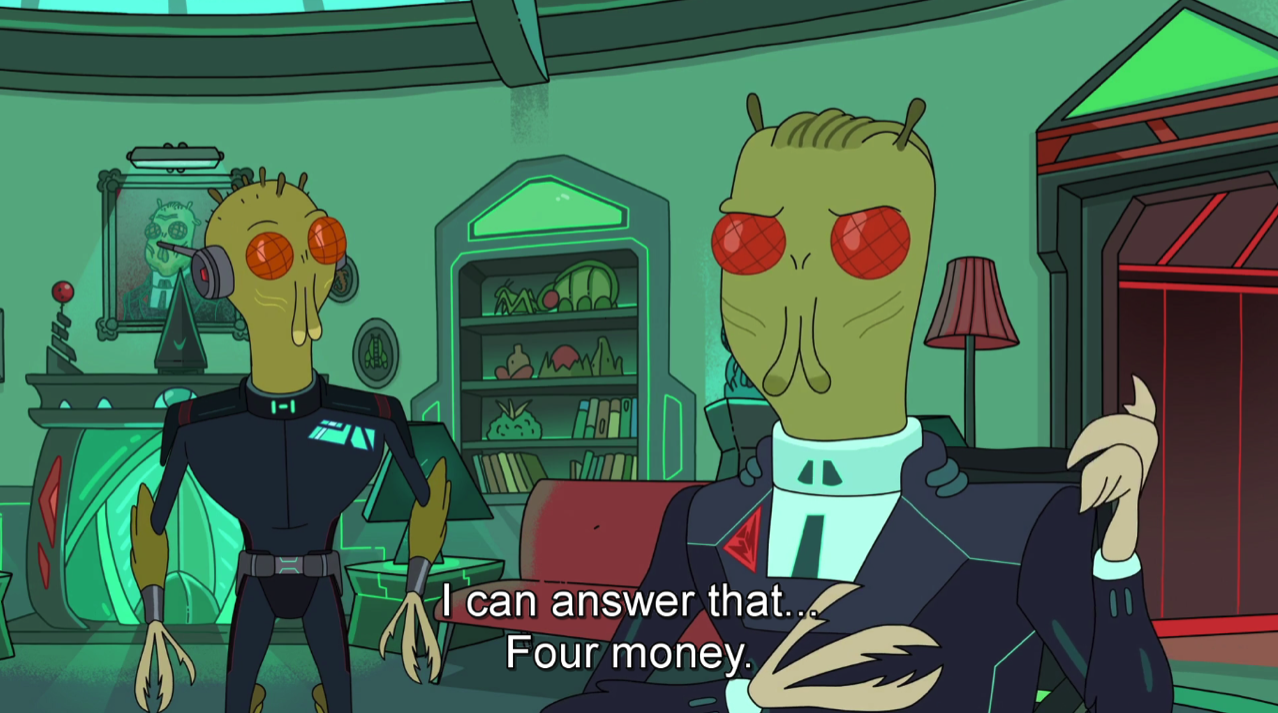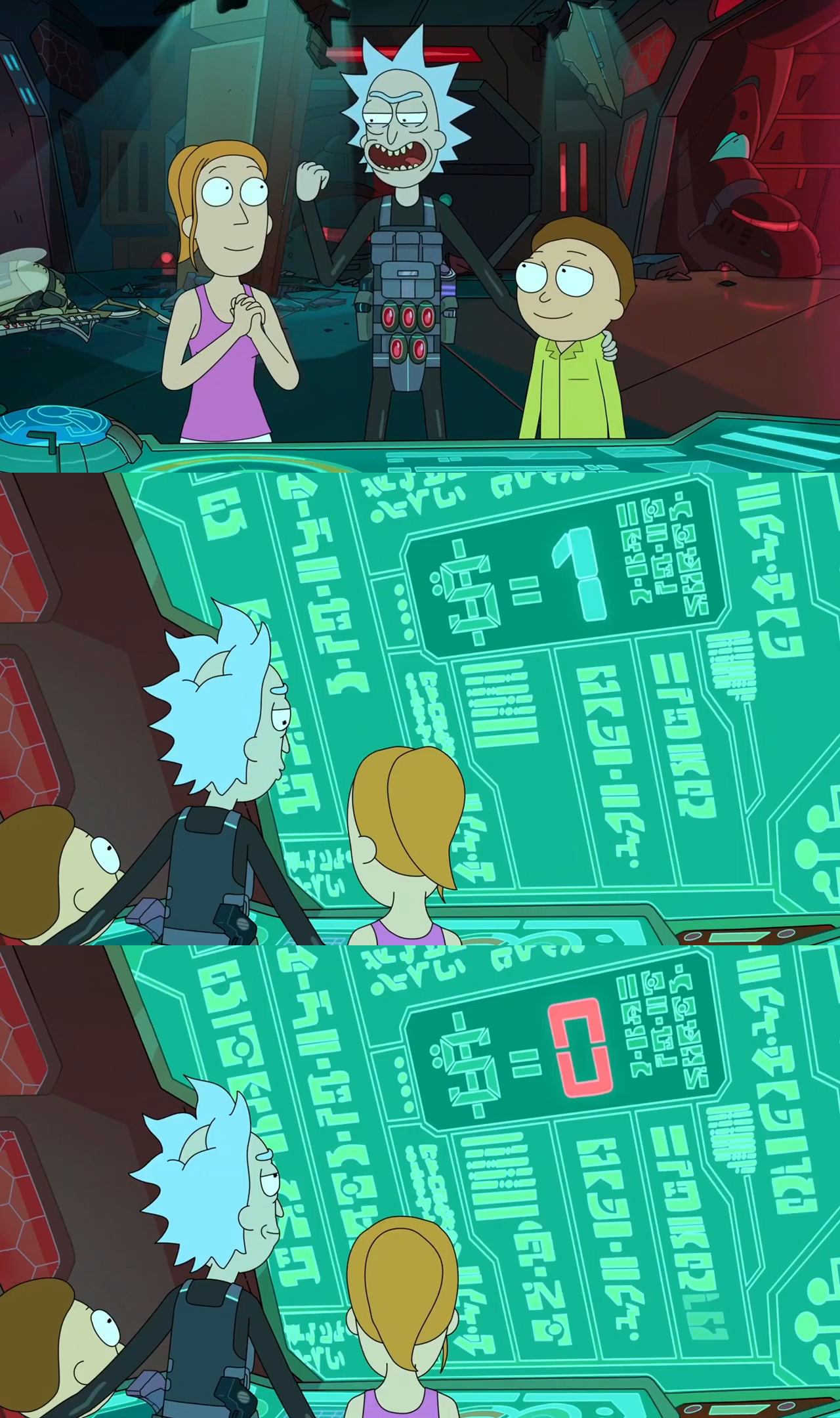Memo 006
Capitalism 1: I can answer that question - for money
Nicholas Chung, 22 September 2023

Introduction
The following essay was written during my formative undergraduate years, as I naïvely attempted to articulate my general disillusion that any optimism to solve any crises will fail under neoliberal Capitalism. Admittedly it set me off onto an even more nihilistic worldview, but I digress...
I would argue that the accumulation of capital, specifically the fetishization of Capitalism, is the main cause of most forms of resource scarcity, which in turn propagate social and environmental crises. I will begin by establishing a working definition for ‘Capitalism’ coupled with Malthus’s explanation for the crisis we are in. I will then explain how the collective zeitgeist of capital accumulation underpins class and industrial struggles. Finally, I will critique Capitalism through the lens of the state and the Social Production of Scarcity to explain how Capitalism is both the cause and solution for human and environmental injustice. This essay aims to suggest that if contemporary society does not re-examine its fundamental attitude towards Capitalism and relationship with capital, any effort to resolve the crises we are in will not be productive.
capital and Capital
“Capital is not a thing, but a ‘social relation’ that appears in the form of thing”, meaning the exchange of labor, material, or capital (lower case ‘c’). (Johnston et al., 2009, 54) Capitalism, as a social construct, is therefore the binary mechanism between the capitalist class, who “owns and organizes [capital] in particular ways” (Johnston et al., 2009, 54), and the wage-labor class. This relationship underpins almost all forms of social, industrial, political interactions for it is the common currency recognized by both governments and citizenries. It is also the reason why we work for wages even though we are not necessarily satisfied by the work itself. At a certain point in time humanity has transitioned from having individual control over personal production to a communal/societal mode of production that translates the amount of money one has to the level of accessibility one has to resources, meaning the more money you have the more control and safety you perceive yourself to own. Now, we must be content with the capitalist system because we have become dependent on capital as an intermediary of sustaining life – which I would argue is highly problematic.
Since is capital can be understood as the metaphysical ownership of resources as commodities, the Malthusian attitude of positioning scarcity as the point where the exponential growth of human population surpasses the linear capacity of nature to supply for that population can become a potent critique of our current business-as-usual attitude. Capital is a social construct, and as a result, can be indefinite. However, since the earth has a limited resource base, the translation of capital to resource (i.e. the liberal market order) will collapse invariably. Though even if this ecological contradiction is clear, the capitalist class’s primary goal is still the accumulation of material wealth and surplus value, resulting in the class power struggle best exemplified by the industrial Nitrogen Crisis.
Class Power and the Nitrogen Crisis
To subcategorize the capitalist and wage-labor class in the context of the Nitrogen Crisis, it is crucial to see those who produce and profit from the Nitrogen Cycle as those who have the most control over the system. The post-WWII push for nitrogen production was caused by the excess ammonia used for ammunition, with both state and industry seeing the opportunity to generate surplus value to boost the economy. The capitalist class created a demand for nitrogen in the agricultural sector by incentivizing usage behavior and sustained that demand by ensuring farmers’ dependency on nitrogen. The paradox in the ensuing environmental devastation is that industry blames the farmers’ inefficiency in resource usage when the industry itself depends on their inefficiency to generate excess demand. Symptomatic of Capitalism writ large, the wage-labor class is exploited and suppressed by the centralization of capitalist power in the form of a ‘ruling class’ supported by interest groups and lobbyists. As a result of making decisions based on profitability and maximizing short-term profit, the small capitalist class has been able to respond to the inequities they caused with inaction.
“Rentier Capitalism” & The Production of Scarcity
Aside from nitrogen, another contested and commodified resource is oil. As mentioned, the consolidation of power within the capitalist class happens through the transaction of capital and resource, thereby increasing societal dependence on Capitalism. Unlike the rest of the capitalist class, however, rentier states exempt themselves from needing to create a demand for profit since the resources they own are already commodities they can benefit from, thereby transforming the state apparatus itself into a capitalist entity that does not depend on a labor-wage class – its citizenry. As a result, it allows rentier states to establish absolutist power over both humans and nature. However, in this case, inaction towards this injustice does not only exist within territorial borders, it extends beyond into other liberal markets. Saudi Arabia can engage in ‘petrol dollar recycling’ because the rest of the world “treats land as any other commodity, with rents set by forces of supply and demand.” (Johnston et al., 2009, 644) This means that as consumers, we are contributing to the self-alienation between us and natural resources as well as justifying these rentier states’ inflicting ecological damage as a means to secure and preserve the capitalist class. This is to say that there is a class struggle change because a significant population believes that it is in their interest in continuing to benefit from Capitalism. It also suggests that global transactions have by default assumed a Capitalist stance, even when concerning socialist or absolutist states, meaning that to resolve the damages caused by Capitalism requires a concerted effort to change on a global scale.
That said, since capital is a neutral social construct, it can also be used as the solution to human and environmental injustices. Market inflation or collapse is a response to perceived resource scarcity, a social construct that mediates resources through money, market, and inequality. Capitalists either prevent oversupplying to avoid devaluation or intentionally generate demand booms for surplus. But this also means that as consumers, we have a collective capacity to internalize what we demand, where to encourage scarcity, thereby enforcing or destabilizing the capitalist class’s income source.
Knowledge and Inaction
In an episode of Rick and Morty, a government collapsed when the value of their currency dropped from 1 to 0. During the ensuing chaos, the following dialogue between the president and government officials took place:
“Deploy the militia.”
“What should I pay them with?”
“Their payment is the honor – wait, who’s paying me to yell at this guy?”
“I can answer that – for money.”
Although this is written as a fictitious comedy, it succinctly illustrates the reason we are unable to resolve crises through Capitalism. We as a species have become so dependent on it that we are unable to decouple any societal system from capital exchanges to the point where we are so alienated from natural resources and the personal production for sustenance, we dare not even consider its abolishment or removal. To be aware of our Capitalistic tendencies in causing crises means very little if we do not act against it. The reason why Capitalism is the most compelling and subversively dangerous cause of environmental and social devastation is the fact that modern society is rooted in Capitalism, and confronting it means the disentanglement of all social networks that we depend on and a complete overhaul in how humanity internalizes their way of life – which is something most people around the world is just not ready for yet.


scenes from Rick and Morty Season 3 Episode 1
notes:
The memo is an elaboration on a short paper written for GEO103 at Syracuse University, fall 2020.
The memo is an elaboration on a short paper written for GEO103 at Syracuse University, fall 2020.
